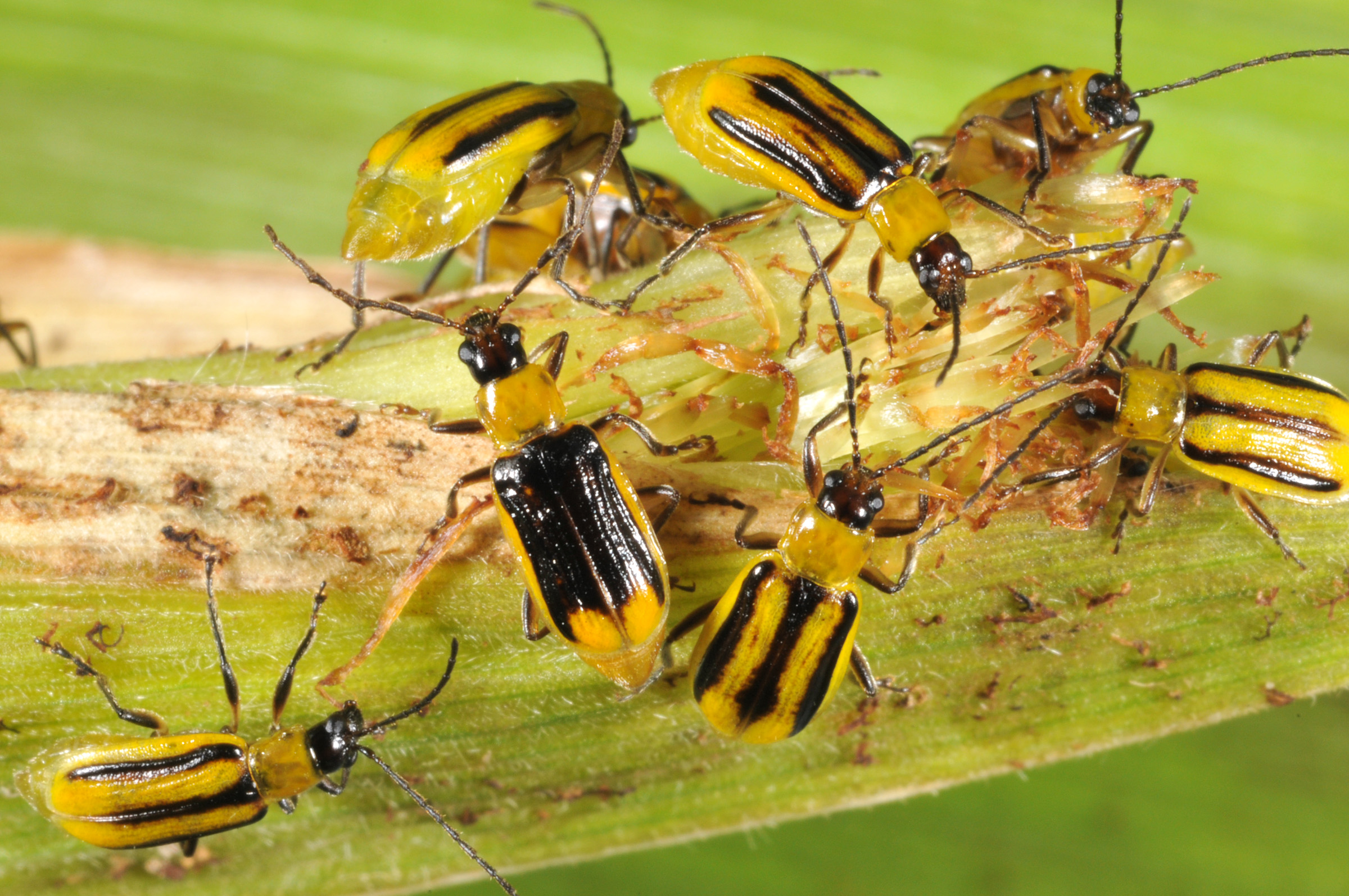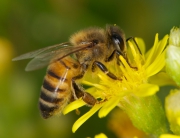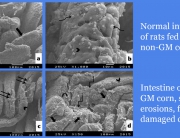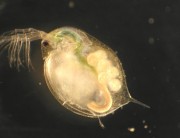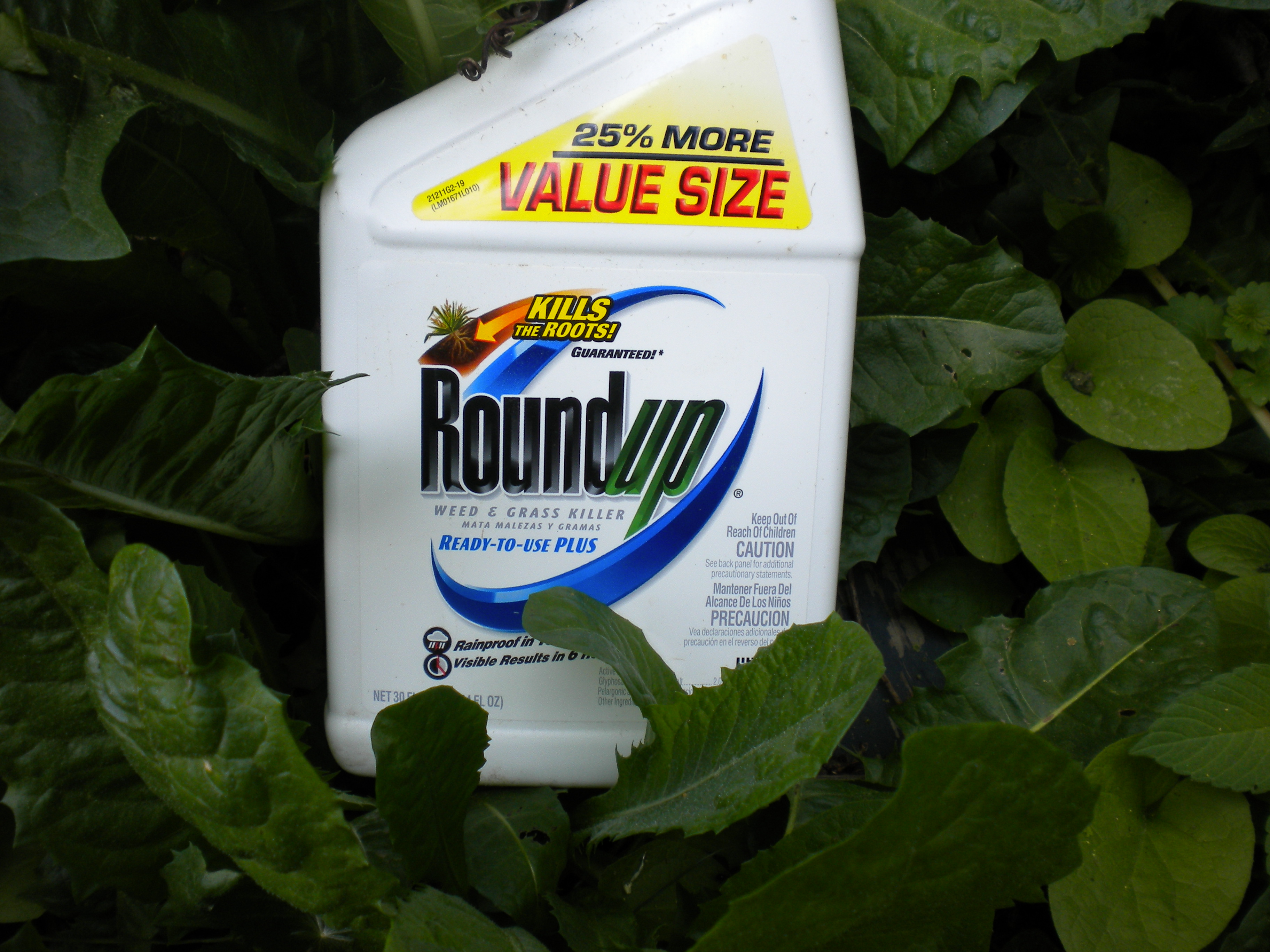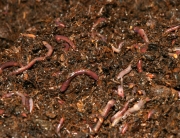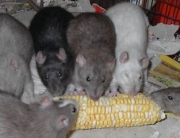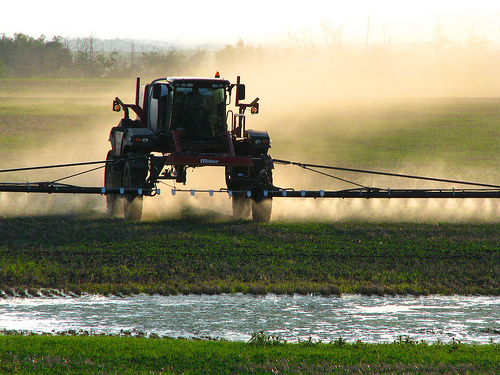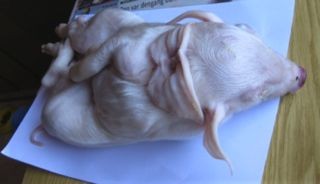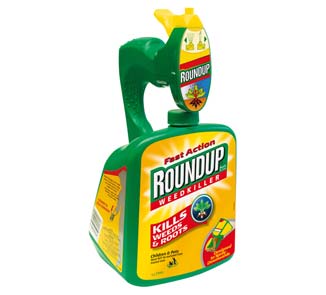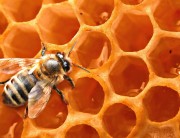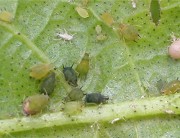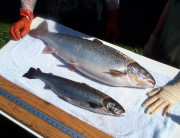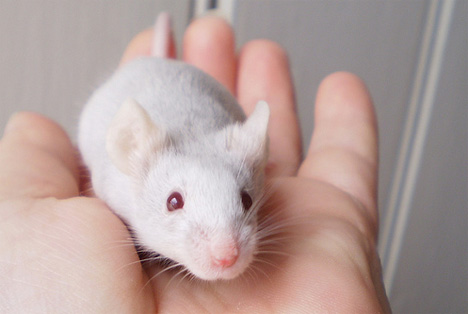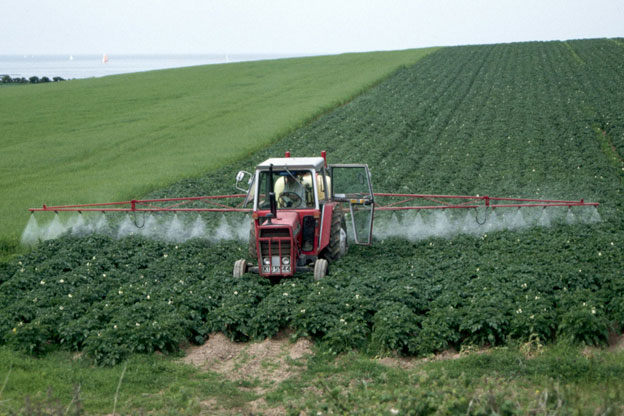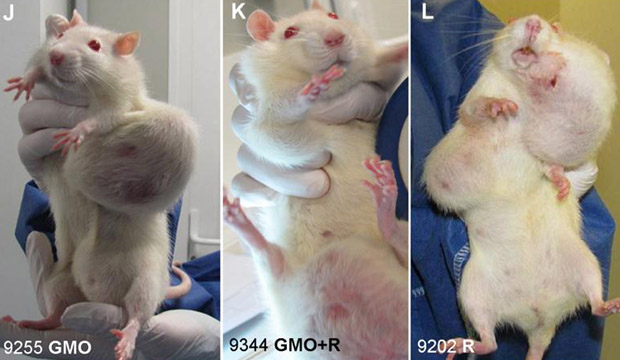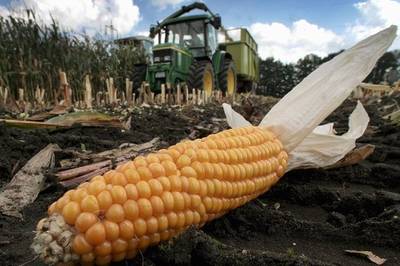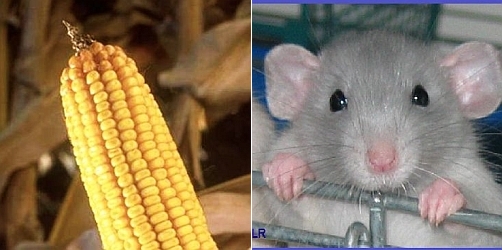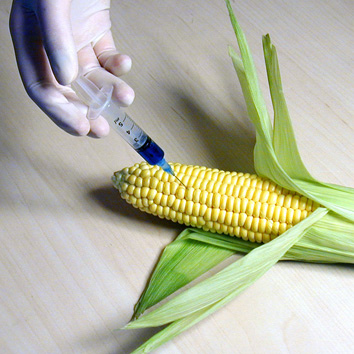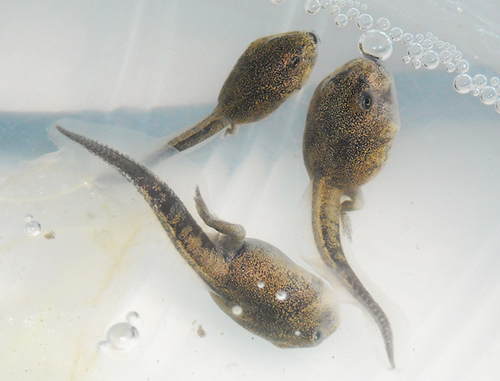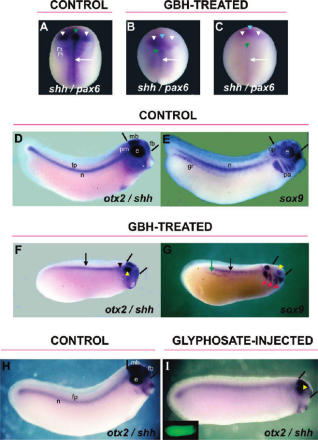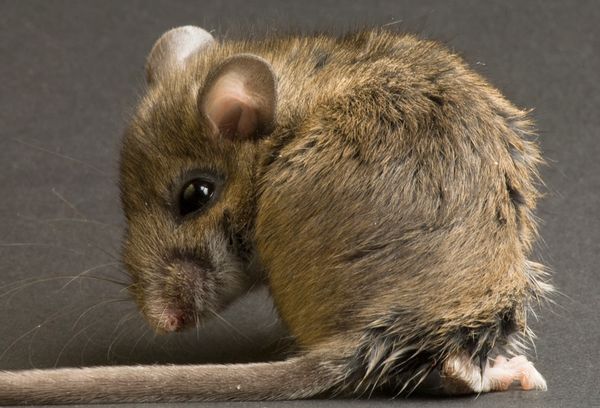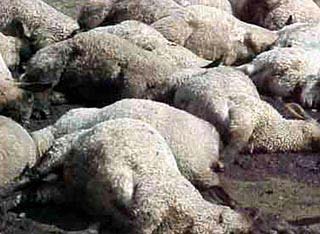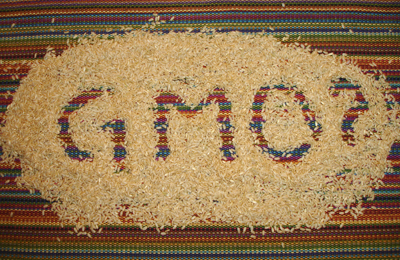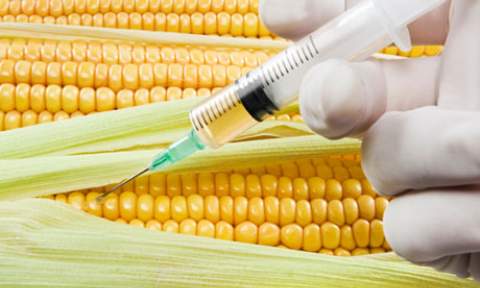According to a team led by Aaron Gassmann, an entomologist at Iowa State University in Ames, in some Iowa fields a type of beetle called the western corn rootworm (Diabrotica virgifera virgifera LeConte) has developed resistance to two of the three types of Bacillus thurinigiensis(Bt) toxin produced by genetically modified maize.
Field-evolved resistance by western corn rootworm to multiple Bacillus thuringiensis toxins in transgenic maize
Full Link to Study: www.pnas.org
Authors: Aaron J. Gassmann, Jennifer L. Petzold-Maxwell, Eric H. Clifton, Mike W. Dunbar, Amanda M. Hoffmann, David A. Ingber, and Ryan S. Keweshan
Significance
Crops genetically engineered to produce insecticidal toxins derived from the bacterium Bacillus thuringiensis (Bt) kill pest insects and reduce the use of conventional insecticides. However, the evolution of Bt resistance can diminishes these benefits. The western corn rootworm is a serious pest of maize and is managed with Bt maize. Beginning in 2009, western corn rootworm with resistance to maize producing the Bt toxin Cry3Bb1 imposed severe injury to Cry3Bb1 maize in Iowa. We show that cross-resistance exists between Cry3Bb1 maize and mCry3A maize and is associated with severe injury to Bt maize in farmers’ fields. These results illustrate that Bt crops producing less than a high dose of toxin against target pests may select for resistance rapidly; consequently, current approaches for managing Bt resistance should be reexamined.
Abstract
The widespread planting of crops genetically engineered to produce insecticidal toxins derived from the bacterium Bacillus thuringiensis (Bt) places intense selective pressure on pest populations to evolve resistance. Western corn rootworm is a key pest of maize, and in continuous maize fields it is often managed through planting of Bt maize. During 2009 and 2010, fields were identified in Iowa in which western corn rootworm imposed severe injury to maize producing Bt toxin Cry3Bb1. Subsequent bioassays revealed Cry3Bb1 resistance in these populations. Here, we report that, during 2011, injury to Bt maize in the field expanded to include mCry3A maize in addition to Cry3Bb1 maize and that laboratory analysis of western corn rootworm from these fields found resistance to Cry3Bb1 and mCry3A and cross-resistance between these toxins. Resistance to Bt maize has persisted in Iowa, with both the number of Bt fields identified with severe root injury and the ability western corn rootworm populations to survive on Cry3Bb1 maize increasing between 2009 and 2011. Additionally, Bt maize targeting western corn rootworm does not produce a high dose of Bt toxin, and the magnitude of resistance associated with feeding injury was less than that seen in a high-dose Bt crop. These first cases of resistance by western corn rootworm highlight the vulnerability of Bt maize to further evolution of resistance from this pest and, more broadly, point to the potential of insects to develop resistance rapidly when Bt crops do not achieve a high dose of Bt toxin.





